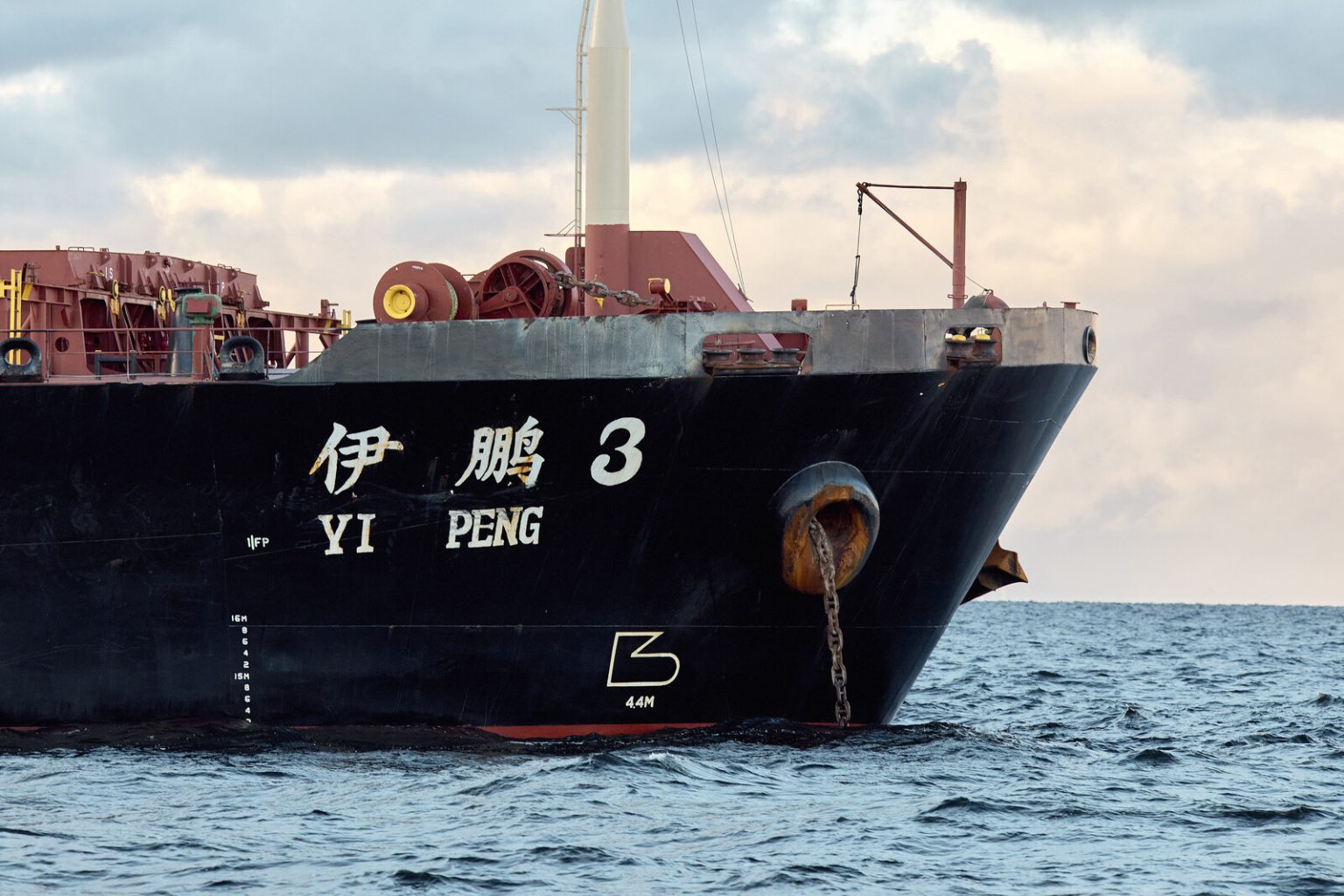The baffling sabotage of the Baltic Sea cables, a critical infrastructure linking Sweden and other nations, has plunged into a complex international investigation, fraught with diplomatic hurdles and raising serious concerns about national security. At the heart of the investigation lies the Chinese-flagged cargo vessel, Yi Peng 3, suspected of involvement in the severing of two vital communication cables. While Swedish authorities, led by Prosecutor-General Henrik Söderman, have ardently pursued access to the vessel to conduct a thorough criminal investigation, their efforts have been stymied by the Chinese government, which has denied them permission to board and carry out investigative measures. This denial of access underscores the delicate balancing act between international cooperation and national sovereignty, particularly when vital infrastructure is compromised, potentially by a foreign entity. The incident has highlighted the vulnerabilities of underwater infrastructure and the challenges in securing it within international waters.
The investigation began after the discovery of two distinct breaks in the Baltic Sea cables, significantly disrupting communication networks. Suspicion quickly fell upon the Yi Peng 3, which had been operating in the vicinity of the cables around the time of the incident. Swedish authorities sought to board the vessel and collect potential evidence, including forensic analysis, questioning of crew members, and examination of the ship’s logs and navigational equipment. However, their request was denied by China, the vessel’s flag state, citing sovereignty concerns. This denial effectively blocked Swedish investigators from directly accessing crucial evidence that could shed light on the events leading to the cable damage. The situation highlights the limitations of international law enforcement when dealing with vessels operating under different flags and the potential for jurisdictional conflicts to hinder investigations.
While denied full investigative access, Swedish police and accident investigators were permitted to board the Yi Peng 3 as observers during an inspection carried out in the Kattegat, a strait between Denmark and Sweden. However, their role was limited to observation, preventing them from collecting evidence or carrying out any investigative procedures. This limited access frustrated Swedish authorities, who believe that a thorough forensic examination of the vessel is crucial to determine its potential involvement in the cable breaks. The observation mission, while providing some insight into the vessel’s condition, ultimately yielded little in terms of advancing the criminal investigation. The incident underscores the need for clearer international protocols on cross-border investigations involving critical infrastructure and the importance of establishing mechanisms for effective cooperation between nations in such circumstances.
The denial of access to the Yi Peng 3 raises several critical questions about the transparency of the investigation and the potential role of the Chinese government. While respecting the principle of flag state jurisdiction, the lack of cooperation from China has fueled speculation and concerns about the potential for obstructing justice. Some analysts have suggested that the cable damage may have been a deliberate act of sabotage, potentially linked to escalating geopolitical tensions. Others have posited the possibility of an accident, emphasizing the need for a thorough and impartial investigation to determine the true cause. The lack of transparency surrounding the incident further complicates the matter, making it difficult to assess the motivations behind the cable breaks and the extent of any potential involvement by state actors.
The incident has exposed the vulnerability of critical underwater infrastructure,














